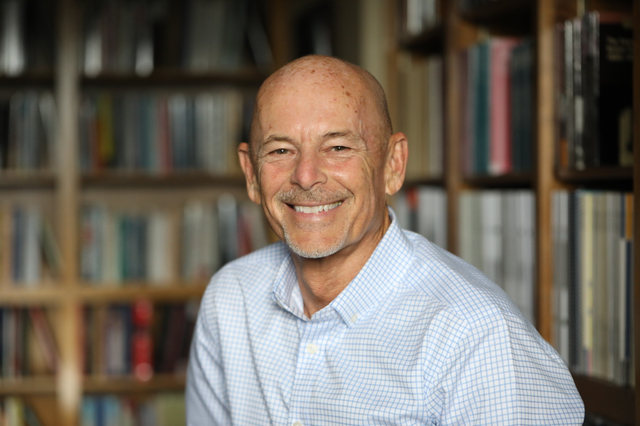Back
Religion & Spirituality
Religious Reading
Early-life experiences, such as religious service attendance, a strong father-child bond, and self-assessed excellent health, are linked to adult religious text reading. Older adults and women are more likely to engage in this practice. Minority status and religious affiliation also shape reading patterns across countries.
Researchers

Dorota Maria Weziak-Bialowolska
Kozminski University (Poland), Economics/Sociology
Poland

Richard Cowden
Harvard University, Psychology
South Africa

Piotr T. Bialowolski
Kozminski University (Poland), Economics

Matt Bradshaw
Baylor University, Sociology
Israel

Noah Padgett
Harvard University, Epidemiology

Byron R. Johnson
Baylor University, Institute for Studies of Religion/Sociology

Tyler VanderWeele
Harvard University, Epidemiology / Biostatistics
The Question:
What are early-life determinants of religious reading in adulthood?
Which aspects of a childhood environment contribute to promoting religious reading in adulthood?